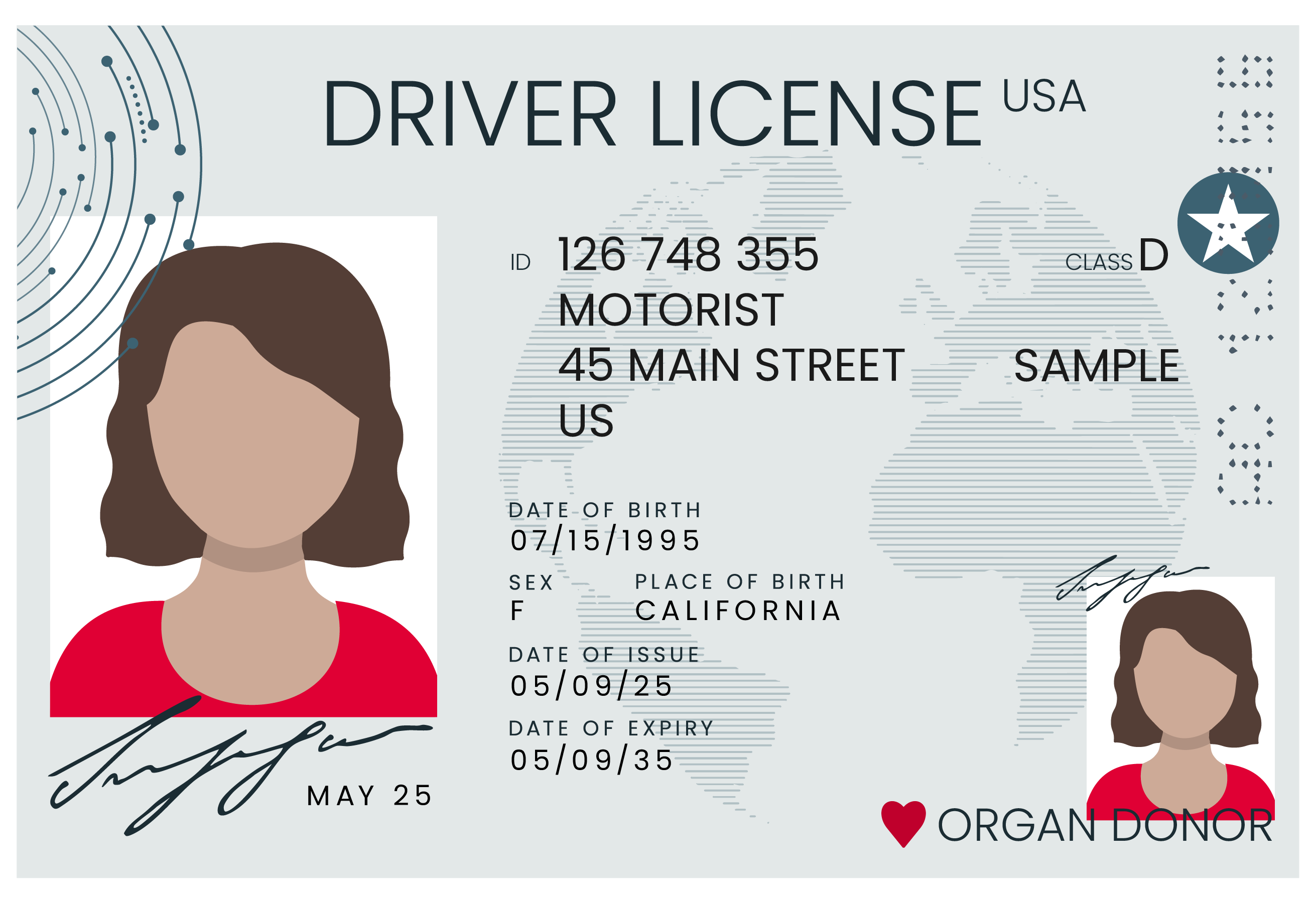09 May 2025 | Blog
Missed messages, missed flights: what the Real ID rollout teaches us about airline communication
09 May 2025 | Blog
Missed messages, missed flights: what the Real ID rollout teaches us about airline communication
On 7 May 2025, the Real ID Act officially came into force in the United States. For millions of travellers, it introduced a new requirement for domestic flights: a Real ID-compliant form of identification. This typically means a state-issued driver’s licence marked with a star or a valid passport.
Although this rule has been talked about for twenty years, many passengers arrived at the airport confused or unaware of what was required. Reports of delays, denied boarding, and last-minute panic were not uncommon. And for the airlines, these moments are more than just unfortunate incidents. They are symptoms of a communication breakdown.
Passengers were caught off guard. But should they have been?
The Real ID Act was passed in 2005. Since then, its enforcement date has been pushed back several times. This has been discussed widely for nearly two decades, so the fact that it finally came into effect should not have taken anyone by surprise. We covered the initial considerations of the REAL ID Act for airlines in 2020, highlighting that the real risk was not the regulation itself, but the failure to communicate it clearly and consistently to travellers.
And now, as enforcement begins, the consequences of that failure are visible. Several passengers were turned away from security or faced extended screening at airports like LaGuardia and Hartsfield-Jackson. Staff were required to step in to explain documentation rules, which slowed down boarding processes and increased stress for everyone involved.
In the lead-up to the deadline, DMV offices across the country were overwhelmed with long queues. Passengers rushed to secure compliant identification at the last minute, creating unnecessary tension that could have been reduced with better communication earlier in the process.
No real ID? Be ready for extra screening. TSA agents are turning people away who don’t have a REAL ID or passport and sending them to another screening line. You will still be able to fly domestically without it, but screening will take longer. Get to airport early ✈️ @NewsNation pic.twitter.com/bPzNXVOere
— Mills Hayes (@MillsHayesTV) May 7, 2025
One missed message can cause more than one missed flight
A missed email or unclear message is not a minor problem. It can lead to a missed flight, a missed connection, or a holiday that never happens. And for the airline, that single incident can quickly grow into much wider issues.
When a passenger arrives at the airport with the wrong documentation, the result can include anything from longer queues at check-in or boarding and increased call volumes to customer services, to delays across the entire operation, and damage to brand reputation. These effects are not limited to one traveller. When communication fails, it affects everyone.
This will not be the last time communication is tested
Airlines have always operated within a landscape of evolving travel regulations. Whether it’s government ID changes, health documentation, visa requirements or biometric boarding processes, things move quickly. And passengers often struggle to keep up.
The lesson here is that communication needs to be designed to anticipate change. It’s not enough to send a single email at booking. Passengers need reminders in the days and hours before they travel. These reminders must be clear, timely and relevant to their individual journey. Airlines cannot control what future changes will come into play, but once they have all the information, it is their responsibility to share this in the most effective way for their passengers.

What airlines can do to avoid this in future
There are several practical ways airlines can prevent confusion like this in future. These include automating reminders that are triggered by route, departure airport or residency; using multiple communication channels such as SMS, email and mobile apps; personalising messages; and providing updates at the right time, not just at the point of booking. Above all, communication must be written in clear, plain language that is easy to understand and act upon.
Passengers should not have to guess what documents they need. If they are unsure, they will turn to online searches or social media for help. That creates risk and leaves the airline out of the conversation.
Passenger confidence is built through clarity
Travel is stressful enough without added uncertainty. When airlines provide passengers with the right information at the right time, they remove one of the biggest causes of anxiety.
Passengers who feel informed are more likely to trust your airline. They are also less likely to need support at the airport, which reduces pressure on your ground staff. And when things go smoothly, passengers are more likely to rebook with you next time.
This is where 15below’s pre-departure communications platform comes in.
Designed specifically for the aviation industry, the solution allows airlines to automate the delivery of personalised information to every passenger, based on their individual journey details. It integrates directly with your reservation system, enabling dynamic messaging that adjusts in real-time based on the latest PNR and flight data. That includes details like departure airport, nationality, connection times, and regulatory requirements.
Airlines can use it to remind passengers about essential information such as:
- Valid travel documentation (e.g. Real ID or visa requirements).
- Check-in opening times and airport-specific procedures.
- Health or customs declarations.
- Baggage allowances and fees.
- Airport disruptions or delays.
- Security wait times or recommended arrival windows.
Messages can be delivered through the passenger’s preferred channel, whether that’s email, SMS, push to app notifications, or WhatsApp, and in their chosen language, with timing and frequency fully configurable. Crucially, this isn’t a one-size-fits-all approach. Every message is relevant to the passenger receiving it, which improves engagement and reduces the chance of error.
For the airline, this creates more than just operational efficiency. It helps protect reputation, prevent missed flights, reduce manual intervention, and improve airline customer satisfaction scores. It also enables teams to focus on what matters most: providing excellent service where it’s needed, rather than fixing problems that could have been avoided.
By automating communication in this way, airlines can stop relying on passengers to seek out critical information themselves. Instead, they build confidence through clarity, and create a smoother experience from booking to boarding.
So, how should airlines be reacting to the Real ID Act enforcement?
The Real ID deadline has arrived, but the bigger issue is not about a new form of identification. It is about what happens when communication fails. This rollout has shown what can go wrong when passengers are left in doubt. But it has also shown how powerful good communication can be.
Airlines that use technology to anticipate what passengers need - and deliver it clearly, consistently, and automatically - are better equipped to handle moments like these. They reduce stress, protect their operations, and earn trust in the process.
With 15below’s pre-departure communications platform, that level of clarity is not just possible, it is already happening for airlines around the world.
If your airline wants to reduce day-of-travel stress, improve passenger satisfaction and protect operational efficiency, our Pre-departure communications solution is designed for you.




